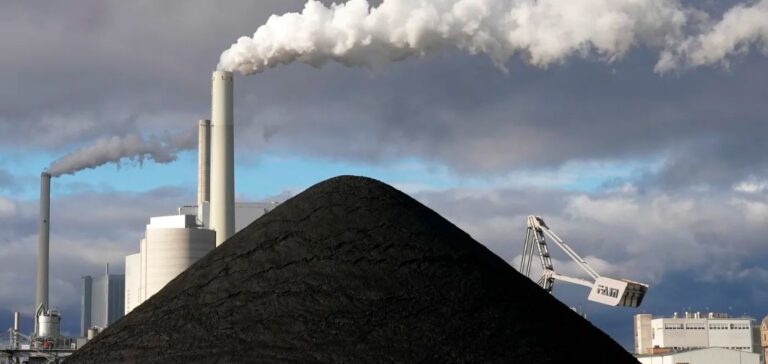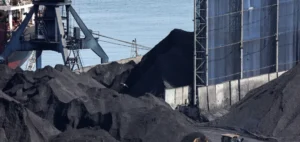India calls for a gradual reduction of all fossil fuels, not just coal. The country makes this announcement in the official “cover story” of the UN Climate Change Conference in Egypt.
A progressive reduction
India, via a spokesperson for the Ministry of Environment, Forests and Climate Change, did not confirm the information. However, the spokesperson does not deny the information. The spokesperson for the Ministry of Environment, Forestry and Climate Change, says:
“We mentioned the AR6 (sixth assessment) report of the Intergovernmental Panel on Climate Change, which recognizes the need to phase down all fossil fuels.”
India and China are instrumental in mitigating the language on coal in last year’s Glasgow Compact. In effect, both countries were removing the call for a phase-out and replacing it with “gradual reduction”. A source in the Indian delegation to COP27 tells the Press Trust of India:
“Natural gas and oil also result in greenhouse gas emissions. Making one fuel the villain is not right.”
An addiction
India’s ploy to broaden the scope of the text would serve to divert attention from its own coal activities. Thus, the COP26 language on coal phase-down puts uncomfortable pressure on the country. Jonathan Kay, a partner at the strategic consulting firm The Asia Group, says:
“The fossil fuel language, on the other hand, would put the focus on more countries – places that may not use much coal but still burn a lot of oil and natural gas. That reduces some of the political pressure on India, at least relatively.”
In a reference scenario, India’s carbon emissions are 2.41 billion mt/year in 2022. In addition, they will increase to 2.89 billion tons/year in 2030. The electricity sector is the driver of these emissions, with coal-fired generation peaking in 2045 at 1980TWh.






















